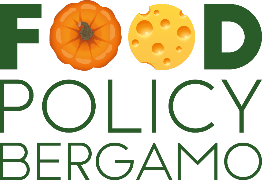Food Policy
Recognising the importance of food and related issues as a driving force for building a more sustainable city, Bergamo has decided to commit itself to making its food system fairer, more equitable, more inclusive and more sustainable by adopting its own Food Policy, the strategy that will guide the city’s policies in the years to come.
History
In the wake of the imminent Expo 2015 dedicated to the theme of good, healthy, sufficient, sustainable and accessible food for all, in 2014 Bergamo decided to decline the values contained in the Milan Charter in ‘Nutrire Bergamo‘, an initiative aimed at systematising all those projects that have been launched or are in the process of being launched, and dedicated to the themes of sustainable agriculture, the valorisation of the local food supply chain, and the relationship between agricultural production and landscape protection. These include the experiences of the GAS and farmers’ markets, the annexation of the P.L.I.S. They include the experiences of GAS and farmers’ markets, the annexation of the Madonna dei Campi Ecological Agricultural Park to the Parco dei Colli, the recovery of agricultural land in the Valle d’Astino and the signing of the Ethical Charter by the various farmers involved, the work on organic farming and quality agriculture undertaken by numerous productive realities, but also social agricultural cooperation with the inclusion of disadvantaged persons, the research activities of the University of Bergamo, the numerous urban gardens that have sprung up in the city, the first experiences of combating food waste and education on healthy and sustainable eating, and much more. This initiative also found fertile ground in Bergamo thanks to the research work started a few years earlier by the University of Bergamo and in particular by the CORES Observatory (Consumption, Networks and Practices of Sustainable Economies) on the many spontaneous initiatives and alternative food chains emerging in the city. With ‘Nutrire Bergamo’, the city thus began to imagine a common design of the various experiences and initiatives linked to the theme of sustainable food on an urban scale, recognising in the production and consumption of food a central role in the construction of more inclusive, just, healthy and sustainable cities.

From Expo 2015 onwards, as work progresses, processes are strengthened, relations are consolidated and opportunities to help network the various food actors multiply. In 2015, on the initiative of the mayor of Bergamo Giorgio Gori, the Tavolo Agricoltura (Agriculture Table) was set up, a space for discussion between the administration and representatives of the sector, the university, the Parco dei Colli, the Botanical Garden, and other players on the local food scene on how to foster the development of agriculture in the urban and peri-urban area.
In the following years, Tavolo Agricoltura engaged in the organisation of events common to the different realities, promoting the proliferation of numerous farmers’ markets in different neighbourhoods of the city to bring citizens closer to local and quality food producers. In 2015, the Forme Project was born. It was created with the aim of promoting and highlighting the Orobic dairy sector, which is already a reference point by virtue of its important recognitions. In fact, Bergamo boasts the European record for cheese PDOs: as many as 9 of the 49 national PDOs are produced in the province, in addition to the many renowned products and 4 Slow Food Presidia. The contextual event is a stage for initiatives, market-exhibitions, workshops and meetings with appointments dedicated exclusively to professionals, but also many activities open to the public in the spectacular setting of Città Alta and the exhibition centre.
Bergamo & G7
In 2017, at the suggestion of Mayor Gori, the G7 Agricoltura took place in Bergamo, in the presence of the then Minister of Agricultural Food and Forestry Policies Maurizio Martina and the respective ministers of France, Germany, Japan, the United Kingdom, Canada and the United States. The summit represents an important international moment to discuss the actions and responsibilities to be exercised in the field of agriculture and food to guide the transition towards fair, healthy and environmentally friendly food systems. 2017 also sees the start of the ‘AgriCulture and the Right to Food’ festival, the annual event that, with its numerous initiatives and widespread conferences, addresses the issues of sustainable agriculture and quality food. The initiatives also include the ‘Market of Markets’, an exchange market dedicated to local short supply chain producers and which for the first time sees all the producer organisations working together for its realisation.
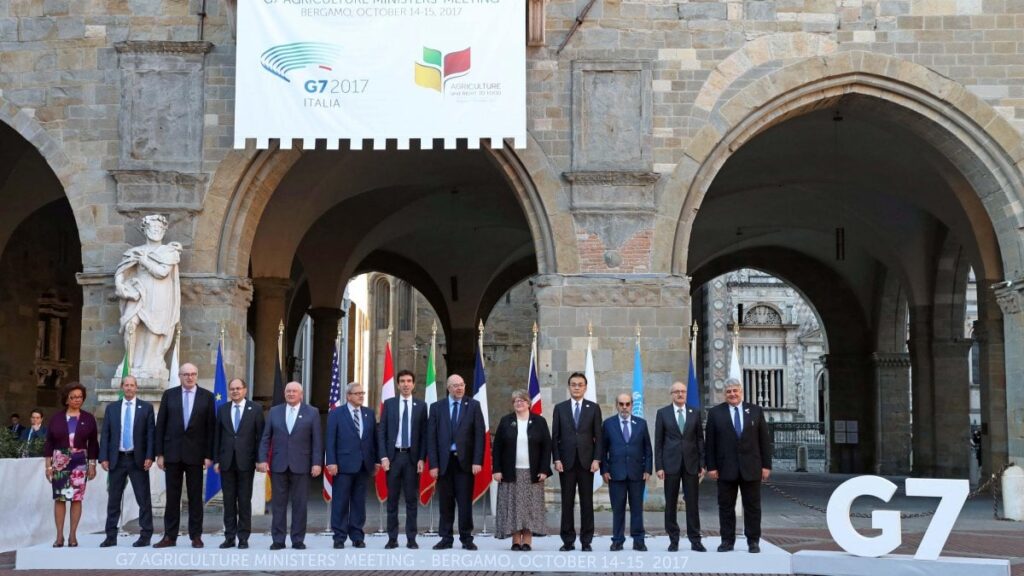
BergamoGreen
In 2017 the BergamoGreen project was born, thanks to the collaboration between the Bio-district of Social Agriculture of Bergamo, the Department of Business, Economics and Quantitative Methods (CORES university research group) of the University of Bergamo, the Agriculture Table and the Lorenzo Rota Botanical Garden, and thanks to the contribution of the Lombardy Region, within the ‘Bergamo Urban Hub of Biodiverse Agriculture’ project. The Bergamo Green portal was created with the intention of mapping and giving visibility, through an interactive cartography, to Bergamo’s realities of production, distribution and consumption of sustainable, local, organic, short chain, etc. products. In this way it aims to be a useful tool for citizens and tourists interested in good, clean and fair food, and for producers, restaurateurs and shopkeepers who want to participate in the transition towards more sustainable production and consumption models with their own activities.
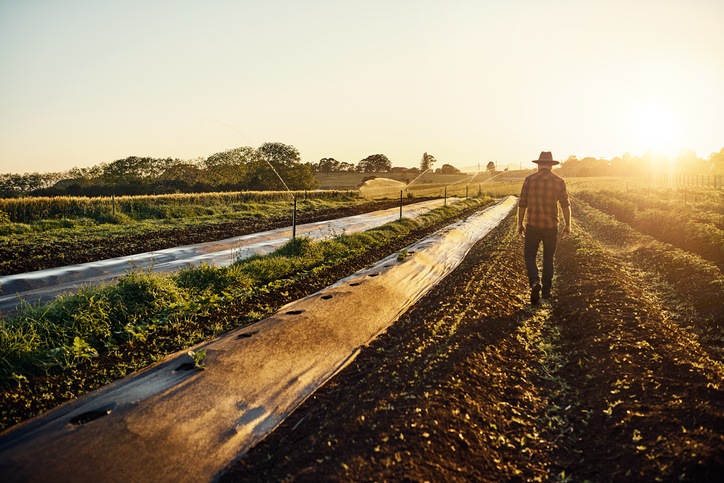
East Lombardy
In 2017, Bergamo, together with the cities of Brescia, Cremona and Mantua, set up the East Lombardy network, the territorial brand of the East Lombardy gastronomic region named European Region of Gastronomy 2017. The project promotes collaboration between food and wine, culture and tourism. By uniting, these cities promote themselves as one great tourist destination, focusing on the combination of artistic and natural heritage and the great wine and food tradition, without losing sight of the individual identities, the peculiarities that characterise the territories and the attention to sustainability. On the East Lombardy website, it is possible to find producers and restaurateurs who stand as guarantors of the culture of healthy, sustainable food that respects local biodiversity, as well as news and curiosities on gastronomy, and opportunities to encounter tradition, territory and flavour. 249 restaurants, 287 producers, 182 experiences, 91 typical dishes and products: these are the numbers of an ever-growing network that promotes new collaborations between chefs and producers, themed events on the calendar, training courses for operators, circulation and exchange of information, communication and promotion activities, and tourism proposals aimed at promoting products.
UNESCO Creative Cities
In 2019, after the recognition of its imposing city walls as a UNESCO World Heritage Site in 2017, the city became part of the Network of UNESCO Creative Cities for Gastronomy. Bergamo and the Orobic Valleys can boast centuries of history linked to pastoralism and cheese production. Bergamo and its province can now boast the certification of 9 dairy products with the D.O.P. mark, the highest number in Europe: Bitto, Formai de Mut dell’Alta Val Brembana, Grana Padano, Gorgonzola, Taleggio, Provolone Valpadana, Quartirolo Lombardo, Strachitunt, Salva Cremasco. These products represent an excellence to be proud of, as well as a concrete example of the local spirit and culture that has allowed the city of Bergamo itself to have the honour of being chosen to host, for the first time in Italy, the 32nd edition of the prestigious World Cheese Awards. Unesco’s intention was not only to valorise excellence in the field of cheese, but also to recognise the commitment and creativity of Bergamo and its territory in the entire agro-food chain, from production, processing, preservation, to the consumer’s table. It is also an acknowledgement of Bergamo’s ability to put traditional knowledge to good use and make innovation that is then transformed into economic value.
The Major’s Pact
In 2019, Mayor Giorgio Gori signed the Milan Urban Food Policy Pact, the first pact between mayors on urban food policies, allowing Bergamo to affirm its commitment to the theme of food policies, consolidating the process of constructive comparison with the other signatory cities. The main aim of the Milan Urban Food Policy Pact is to create a network of cities committed to implementing sustainable food policies, promoting cooperation between cities and the exchange of good practices. In June 2021, the Municipality of Bergamo and the Cariplo Foundation thus signed a multi-year agreement to share the development of the Bergamo Food Policy for the two-year period 2021-2023.This Memorandum of Understanding aims to promote and implement a general strategy on food for the city of Bergamo, otherwise known as the Bergamo Food Policy. Generally speaking, the aim is to create an integrated system of political-institutional guidelines and projects capable of ensuring the population of the Bergamo area an increasing quality in the production, distribution, consumption and disposal of foodstuffs from the point of view of healthiness, fair access, impact on the environment and redistribution of the economic value produced.
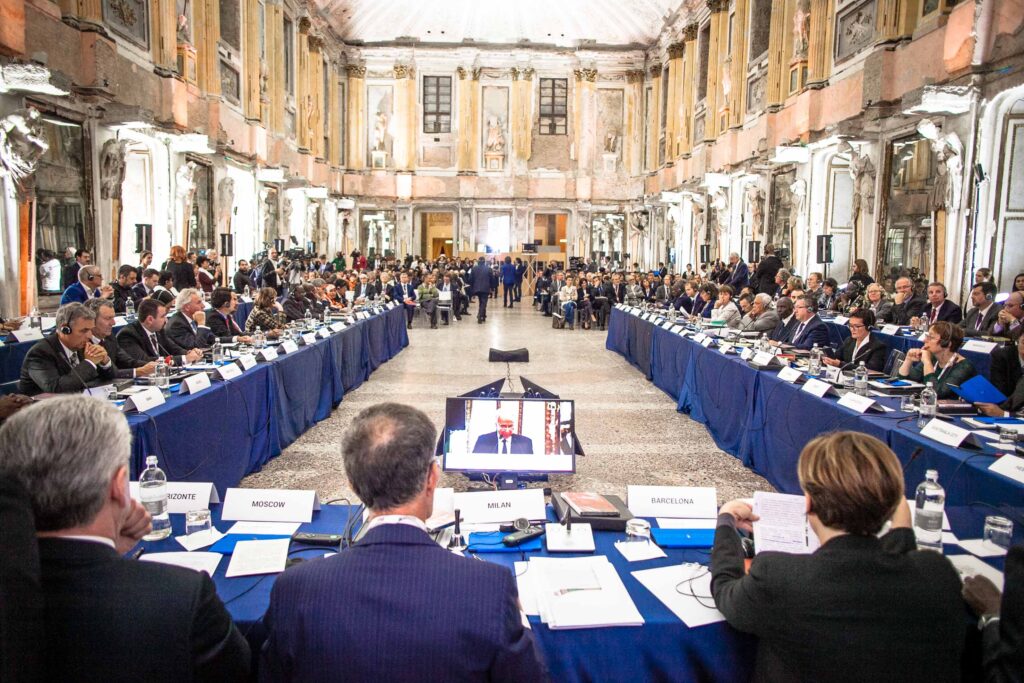
Food Trails
The Municipality of Bergamo’s commitment was further boosted by joining the European project Food Trails Building pathways towards FOOD 2030-led food policies, a four-year project aimed at fostering innovation in the food sector and supporting the development of urban food policies. The overall objective of the project is to identify possible administrative barriers to the replicability and transferability of such policies, providing local authorities with evidence-based solutions for the development of sustainable urban food systems.
The specific objectives of the pilot project, called La Buona Mensa, are to promote a conscious and balanced diet, facilitating the transition to healthy and sustainable diets inspired by the “One Health” concept. The project will involve primary school pupils, parents and teachers in a series of activities aimed at training, sensitising and educating them in the responsible consumption of healthy, safe, culturally appropriate, sustainable food, produced and distributed with respect for human rights and the environment. Furthermore, the project intends to foster the creation of a school food environment that facilitates the transition to healthy and sustainable diets. Central to this objective is the reworking of canteen menus with a view to environmental and nutritional sustainability, characterised by a lower presence of animal proteins, especially red meat, in favour of vegetable ones, favouring zero km and short supply chains. Another crucial aspect concerns the identification and dissemination of practices and good practices to reduce food waste and refuse. For the first year, more than 50 classes with a total of over 1,000 pupils and 30 teachers took part in the project.
